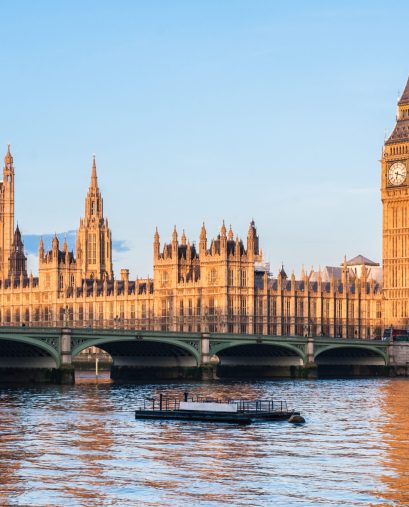New Job Support Scheme announced in Winter Economy Plan

Rishi Sunak has announced a new Job Support Scheme, to be introduced on 1 November after the current Coronavirus Job Retention Scheme (furlough) ends. In broad terms, if employees work a third of their hours, they can be paid for two thirds of the hours they don’t work, with their employer and government splitting the cost of hours not worked.
The devil will be in the detail, and we don’t have much detail yet, but here is what we do know:
- To be eligible, a Real Time Information submission needs to have been submitted for that employee on or before 23 September 2020;
- Employees must be working at least 33% of their usual hours, for which their employer will pay them in full – this minimum hours threshold may be increased after 3 months;
- They will receive two thirds of their pay for the hours they don’t work – employers can apply for a government grant for half that, subject to a cap of £697.92 per month;
- The grant won’t cover Class 1 NICs or pension contributions;
- Employees can cycle on and off the scheme, and don’t need to be working the same pattern each month, but each working arrangement needs to be for a minimum of 7 days;
- HM Treasury have calculated that employees working 33% of their hours will receive 77% of their pay, of which the employer pays 55% and government 22%;
- The scheme is open to employers who have not previously used furlough as well as those that have;
- Employees can’t be made redundant or given notice of redundancy during the period for which the employer is claiming the grant;
- All SMEs will be eligible; large businesses will be eligible if their turnover has fallen due to COVID – we await with interest what defines “large”, possibly the Companies Act definition linked to turnover, assets and number of employees;
- The scheme will run for 6 months from 1 November.
On the face of it, employers will be paying 55% of wages for 33% of hours, which doesn’t sound very attractive. But weighed up against the cost of redundancies, and the longer term costs of hiring staff when things pick up, it’s hoped that this scheme will protect at least some jobs.
HMRC will check claims and may request evidence of agreement with employees over short term working. It’s worth remembering that whatever the rules of the new scheme, employers need to reach a written agreement with staff after proper consultation before their hours or wages can be reduced. Collective consultation may be required depending on the numbers affected.
Photo by Robert Bye on Unsplash
If you have any questions about the new Job Support Scheme, ending furlough, making redundancies or consulting with staff over cutting hours and wages, please don't hesitate to get in touch with Louise.
Louise Taft Consultant Solicitor - Employment +44 (0) 20 7846 2370 louise.taft@jurit.comOr another member of our Employment Team.
Please note this paper is intended to provide general information and knowledge about legal developments and topics which may be of interest to readers. It is not a comprehensive analysis of law nor does it provide specific legal advice. Advice on the specific circumstances of a matter should be sought.











